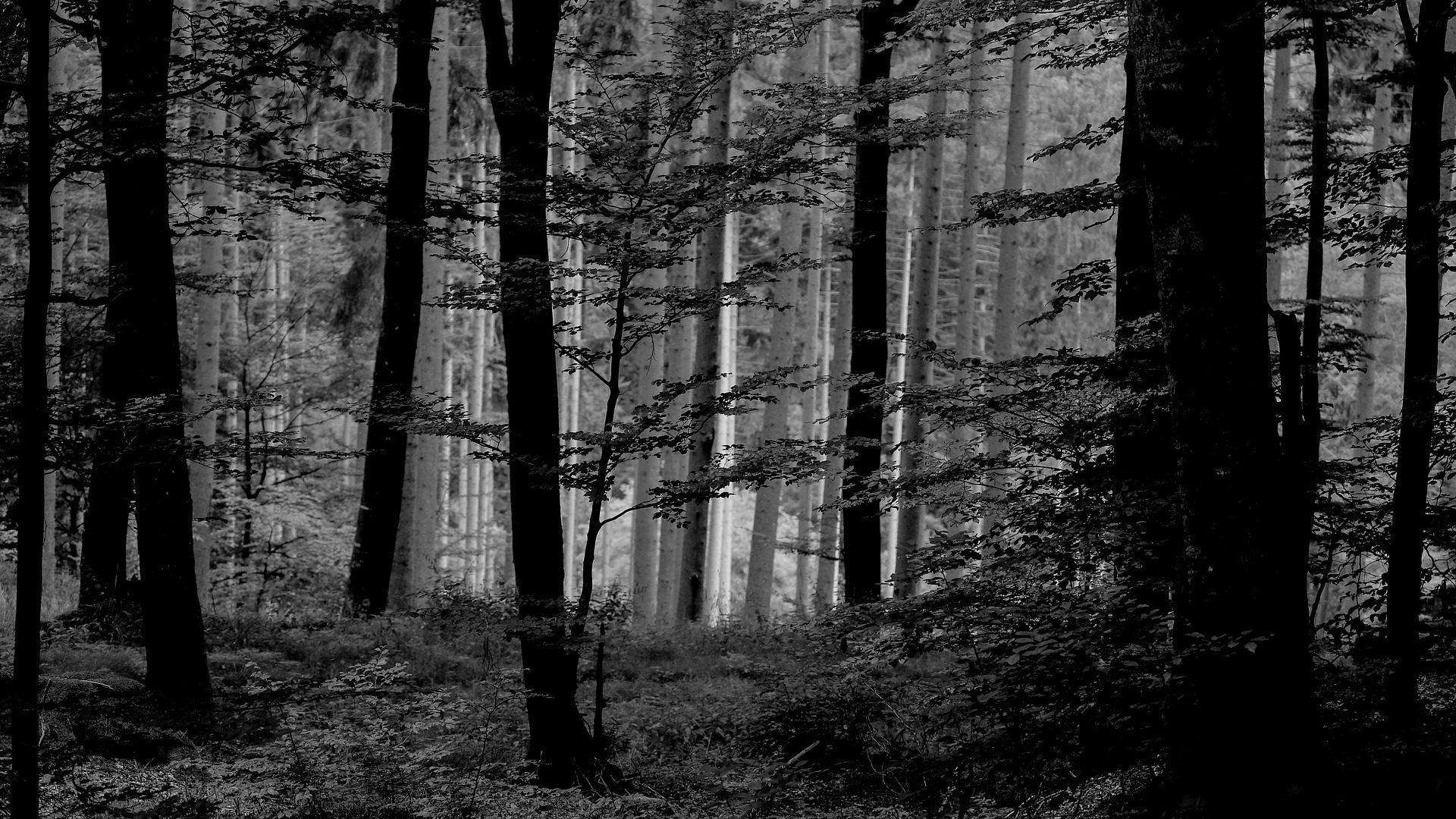Review of If These Wings Could Fly

Normally I would not include a book review of a fiction title in the blog. My fiction all gets reviewed on Goodreads, but if a title is compelling enough, and especially if it coincides with a serious subject worthy of broader discussion, I hope you will allow my using these pages to give the book its proper spotlight.
First, let me share a summary of the plot, borrowed from Bookshare.
Kyrie McCauley’s stunning YA debut is a powerful story about the haunting specter of domestic violence and the rebellious forces of sisterhood and first love. Tens of thousands of crows invading Auburn, Pennsylvania, is a problem for everyone in town except seventeen-year-old Leighton Barnes. For Leighton, it’s no stranger than her house, which inexplicably repairs itself every time her father loses his temper and breaks things. Leighton doesn’t have time for the crows-it’s her senior year, and acceptance to her dream college is finally within reach. But grabbing that lifeline means abandoning her sisters, a choice she’s not ready to face. With her father’s rage worsening and the town in chaos over the crows, Leighton allows herself a chance at happiness with Liam, her charming classmate, even though falling in love feels like a revolutionary act. Balancing school, dating, and survival under the shadow of sixty thousand feathered wings starts to feel almost comfortable, but Leighton knows that this fragile equilibrium can only last so long before it shatters.
I love elements of the supernatural. Perhaps my only constructive criticism of this book is that it could have done without the element. It is entirely possible that the crows featured in the story are symbolic. The house repairing itself, for example, could be a nod to the way victims of domestic violence push forward as though nothing has happened, not because they choose to but because they feel trapped and in some cases because they genuinely love the abuser. Regardless, to me the supernatural element felt like an unnecessary layer that distracted from the main theme. Thankfully, the element is present but not all consuming.
Let me now share with you an excerpt from an early chapter in the story to give you a taste of what you are in for.
Something crashes downstairs. “Mom,” Campbell says. I imagine Mom hurt. Crying. I look into Cam’s eyes, and my own terror is reflected back at me. “I’ll go check on her.” There’s no such thing as whispering over the music, so I almost shout it. I squeeze their bony little hands, a single drumbeat of reassurance, and rise. When I get to the stairs, he’s playing Guns N’ Roses’s Greatest Hits so loud my teeth ache, and yet I can still hear him. I steal a glance over the banister, and I find him in the kitchen. If I weren’t used to the sight, I’d wonder if the dark red tone of his skin was the sign of a medical emergency. But it’s rage. The powder keg tonight was an upcoming mortgage payment. The spark that lit him up: an energy bill twice the normal amount. It was a dry, hot August, and the AC worked too hard. I can barely see the rounded gray metal on top of the fridge. He keeps his gun where it’s easy to reach. He says it won’t be much help if he has to go find it during a home invasion, but it’s the thing I think about every time he gets like this. It’s always the same question in my mind: Is tonight the night he reaches for it? Mom comes into view. Her long red hair is loose, disheveled. She heads for the stereo. He runs after her, each footfall a tiny earthquake in the old house. He’s a solid wrecking ball, and he tears across the room after Mom when her hand touches the volume dial. He shoves her into the door of the entertainment center, and it flies back into the wall. A chunk of plaster breaks off where it hits. Mom rubs her shoulder, says nothing. My fear is trapped in the cage of my chest. It flaps its 4futile, frightened wings as I sneak upstairs. “She’s okay,” I tell the girls. “But I need to call the police.” “The phones are out,” Campbell reminds me. When it starts, he rips the phone cord out of the wall. He hoards it on the kitchen table-in plain sight but rendered useless.
And this is the existence three children live, periods of calm punctuated by random outbursts triggered by the most unpredictable of provocations. Kyrie McCauley is adept at painting jarring scenes that make you squirm with emotion: fear for the children, anguish for the mother, and rage at the author of their misery.
One of the most potent lines in the book was:
My grandfather fought in a war and came back broken. My father grew up in a house that held anger like a stone in its palm. Like it was something worth keeping. And that became the shape of our family tree. When the legacy is anger, the inheritance is fear.
If you are a fan of young adult books, you will want to read this one. Portions of it are raw. It’s not meant to be a light read, but it possesses enough of the traditional characteristics of the genre to make it a well-rounded title, including the obligatory romantic blossom, which I thought would ruin the plot but actually provided an adequate counterbalance to the uglier aspects.
Warning: The book contains violence and strong language.
Sometimes fiction gives us a light way of understanding heavy subjects. Kyrie McCauley does a fine job of providing a glimpse into a broken home. There are other titles out there that get at the bone without the distraction of supernatural elements, but it is likely these undertones that make her book an adequate balance between informative and … to call it entertaining feels wrong, but I hope you will understand the sentiment.
What other fiction titles did you find instructive in an otherwise serious subject?


